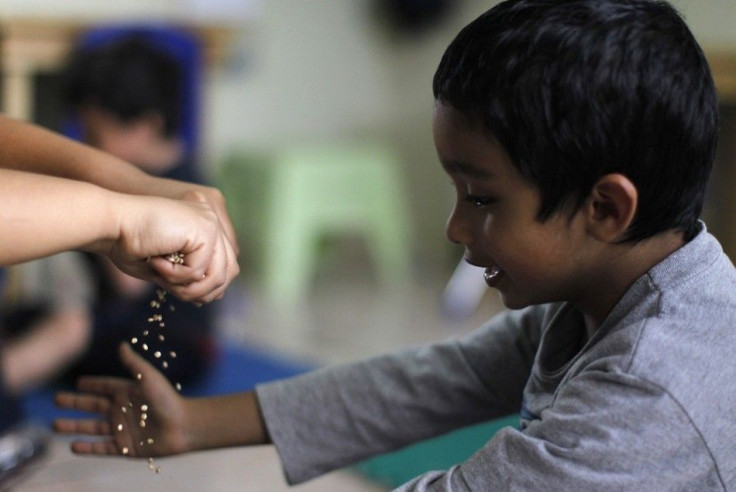Autism Alert: Smartphone Use Can Make Children Borderline Autistic

The increasing number of children diagnosed with autism is keeping researchers busy with finding a reason for the same. However, a study recently reveals that children who exceedingly spend their time with the smartphones are the ones who started to display “borderline autistic behaviour.”
The study, put forward by renowned autism specialist, Dr. Lain McGilchrist, claims that the children who use cell phones in excess show less emotions and empathy. The former teacher of literature at Oxford further adds that children nowadays find it difficult to read the facial expressions of others compared with the children of the same age from the previous generations.
McGilchrist conducted the study on school children, fearing that they may have been left undiagnosed for autism. The researcher approached the teachers who were concerned about the changes observed in the children in their classrooms. To his surprise, McGilchrist found that smartphones contributed to the most common factor that led children to show less empathy.
“These teachers have been teaching for 30 years and had found only a couple of people not able to do these simple tasks. People are increasingly finding it difficult to communicate at an emotional level in what appears to be features of autism,” said McGilchrist, as reported by Inquisitr. According to him, "the subtle cues of real-life environments" are not interpreted correctly by such children who are surrounded by virtual environment, thereby leading to impaired emotional development.
"Children spend more time engaging with machines and with virtual reality than they used to in the past, where they don’t have to face the consequences of real life," said McGilchrist.
McGilchrist further adds that the observed children might not be necessarily autistic. However, they show symptoms of autism because of their impaired emotional development. Meanwhile, Dr. Nadja Reissland, a psychologist from the Durham University, argues that the condition of the children might be a little more complex than the effect of the smartphones.
“It could be true, but we need to know the background of these children. They might not want to talk about their emotions or might not be used to. They might also come from different cultures where they are normally not supposed to show emotions or English may not be their first language,” said Reissland.
To report a problem or to leave a feedback on the article, send an e-mail to emailtoguneet@gmail.com.





















